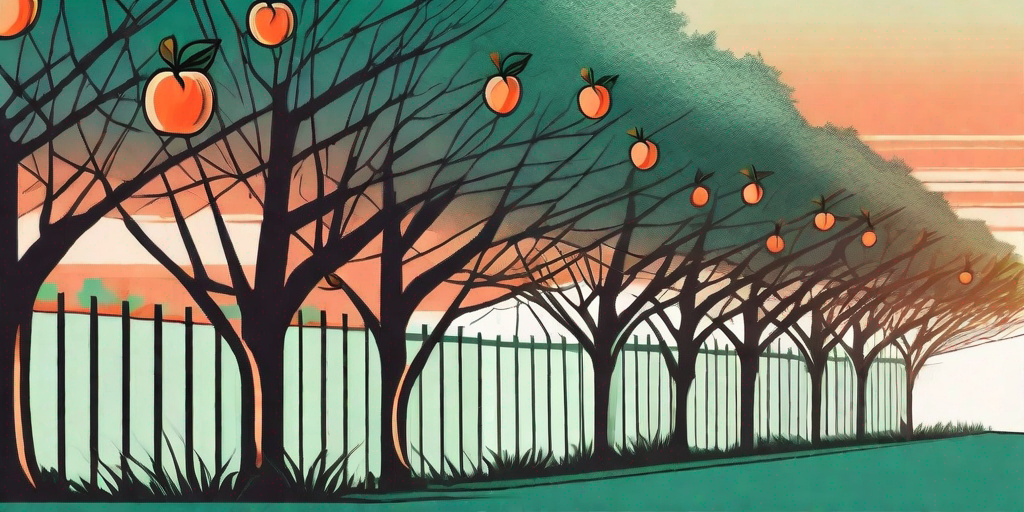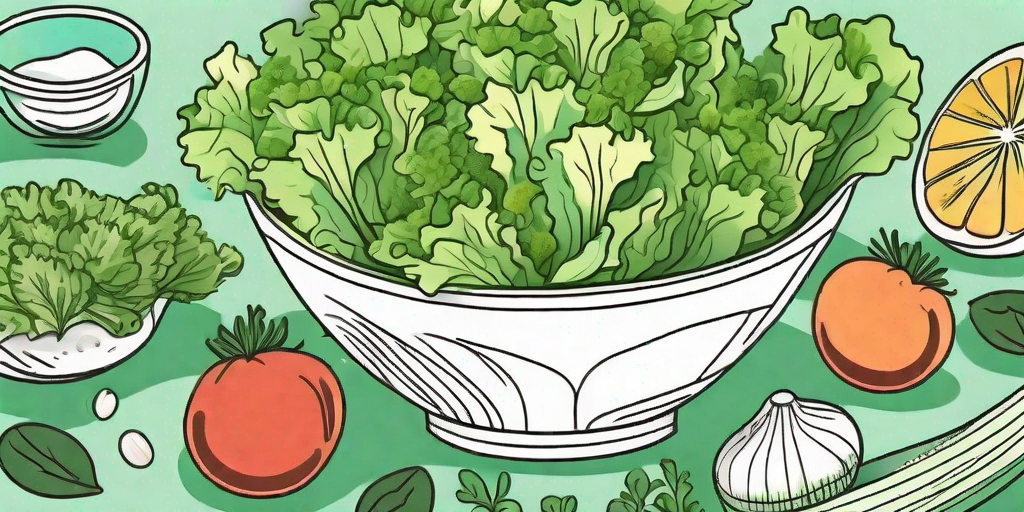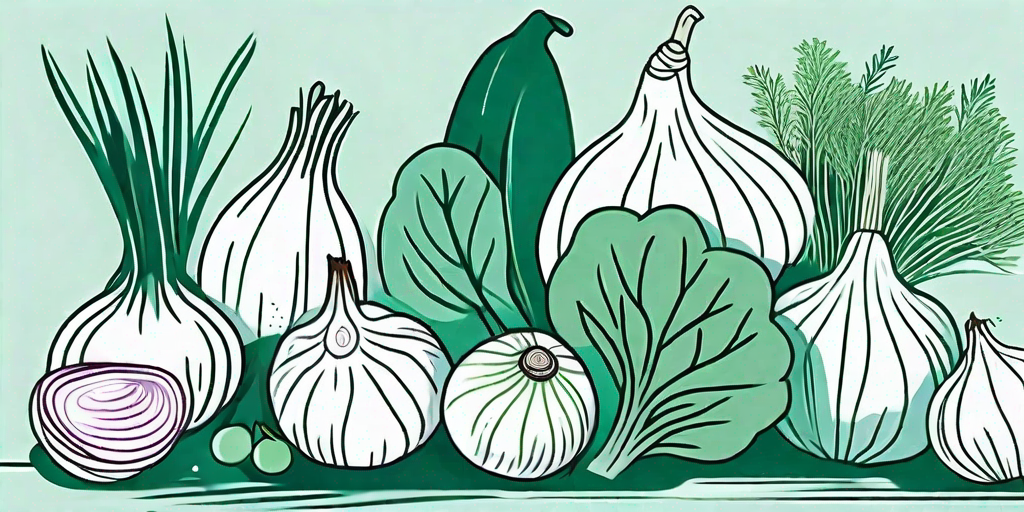
Eggplants, or aubergines as they are known in some parts of the world, are a versatile and delicious vegetable. But when is the best time to harvest them for maximum flavor? Is there an egg-act science to it? Let's delve into the world of eggplants and find out.
The Life Cycle of an Eggplant
Understanding the life cycle of an eggplant is crucial to knowing when to harvest. From the moment the seed is sown to the time the eggplant is ready to be plucked from the vine, there are several stages of growth.
First, the seed germinates. This usually happens within 7-14 days after sowing. Once the seedling emerges, it will continue to grow for about 60-80 days before it starts flowering. The flowers are typically purple and quite beautiful, but it's the fruit we're interested in.
After pollination, the fruit begins to develop. This is the stage where the eggplant starts to take on its characteristic shape and color. It grows rapidly over the next few weeks, reaching its full size in about 2-3 weeks. But just because it's full size doesn't mean it's ready to harvest.
When to Harvest Eggplants
So, when is the egg-act right time to harvest eggplants? The answer lies in the skin and the seeds. A ripe eggplant has a glossy skin and seeds that are barely visible. If the skin has lost its shine or the seeds are dark and well-formed, you've waited too long.
But don't worry, even an overripe eggplant can still be used in cooking, it just won't have the same flavor and texture as a perfectly ripe one. So, for the best flavor, aim to harvest your eggplants when they are at their peak of ripeness.
Signs of a Perfectly Ripe Eggplant
Here are some signs to look for to determine if your eggplant is ready to harvest:
-
Glossy skin: A ripe eggplant should have a shiny, glossy skin. If the skin is dull or wrinkled, the eggplant is likely overripe.
-
Barely visible seeds: If you cut into an eggplant and the seeds are small and barely visible, it's ripe. If the seeds are large and dark, it's overripe.
-
Firm to the touch: A ripe eggplant should feel firm but not hard. If it's soft or squishy, it's overripe.
How to Harvest Eggplants
Harvesting eggplants is a simple process. All you need is a sharp knife or pruning shears. Cut the eggplant off the vine, leaving about an inch of stem attached. This helps to prolong the shelf life of the eggplant.
Be careful not to bruise or damage the eggplant during harvesting. Any cuts or bruises can lead to decay. Also, avoid pulling or twisting the eggplant off the vine as this can damage the plant and reduce future yields.
Storing and Using Harvested Eggplants
Once you've harvested your eggplants, it's important to store them properly to maintain their flavor and texture. Eggplants are best stored at room temperature, away from direct sunlight. They can last for about a week if stored correctly.
Eggplants are incredibly versatile in the kitchen. They can be grilled, roasted, fried, or used in a variety of dishes from lasagna to curry. The possibilities are endless!
FAQs
Can I harvest eggplants when they are small?
Yes, you can harvest eggplants when they are small. In fact, some people prefer the flavor of young, tender eggplants. However, keep in mind that smaller eggplants will have less flesh and more seeds.
What happens if I wait too long to harvest my eggplants?
If you wait too long to harvest your eggplants, they will become overripe. Overripe eggplants have a bitter flavor and a tough, spongy texture. They also have more seeds, which can be unpleasant to eat.
Can I still use overripe eggplants?
Yes, you can still use overripe eggplants in cooking, but they won't have the same flavor or texture as perfectly ripe eggplants. Overripe eggplants are best used in dishes where they are cooked thoroughly, such as stews or sauces.
So there you have it, the egg-cellent guide to harvesting eggplants. With a little knowledge and some careful observation, you can enjoy delicious, perfectly ripe eggplants from your own garden. Happy harvesting!











